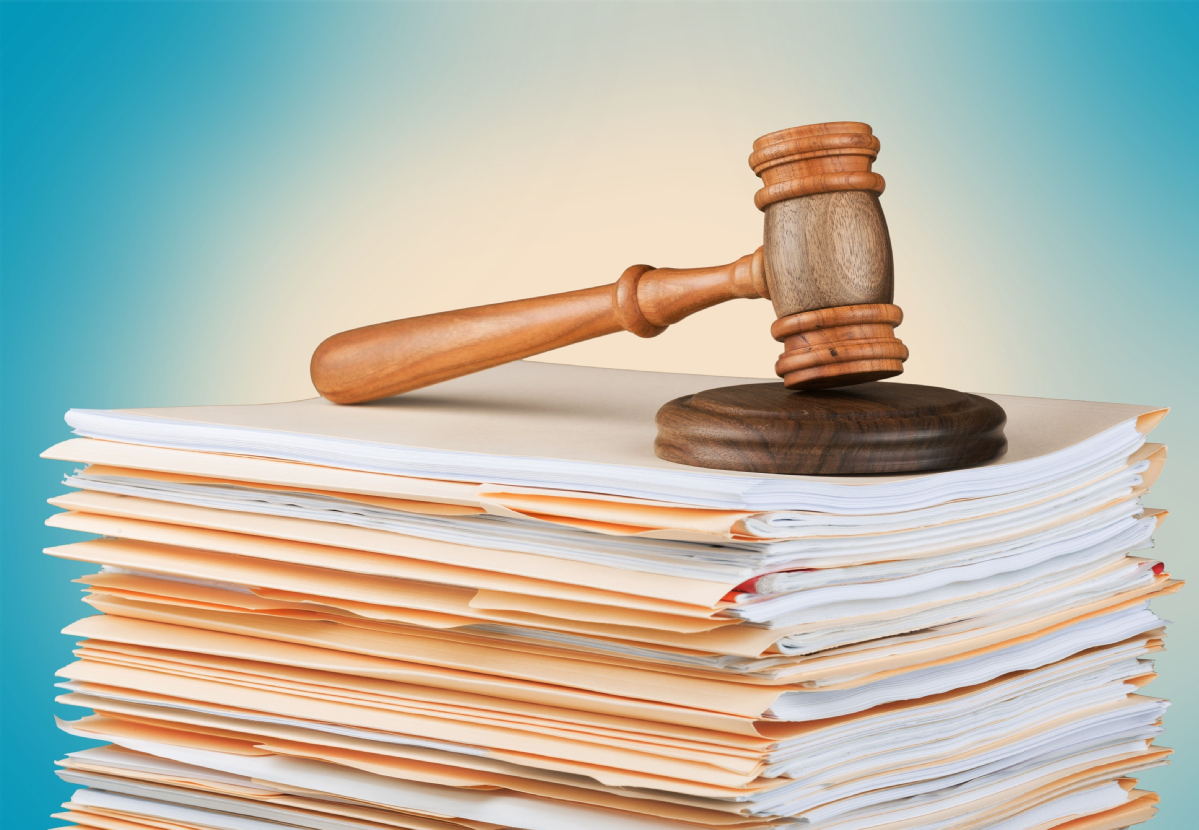Rule of law helps improve governance, experts say


The key to the modernization of China's system of governance and capacity lies in the rule of law, experts said.
"The rule of law is the basic content and measuring standard of the modernization of national governance," said Hu Jianmiao, a law professor at the Party School of the Central Committee of the Communist Party of China (National Academy of Governance).
"Facts have proved that a country with a higher degree of rule of law is safer, more stable, harmonious and economically developed."
At the Party's first central conference on work related to overall law-based governance held in November, Xi Jinping, general secretary of the CPC Central Committee, called for efforts to be made to respond to major challenges, withstand major risks, overcome major obstacles and address major conflicts in accordance with the law to fully establish China as a modern socialist country.
At the meeting, which also marked the establishment of Xi Jinping Thought on the Rule of Law, he also stressed that advancing the concept can ensure a systematic, standardized and coordinated governance system.
China has taken steps to guarantee China's commitment to law-based governance, requiring legislation and regulations be either amended or implemented in a timely manner.
Xi, who is also Chinese president and chairman of the Central Military Commission, underlined the importance of legal support for the country's epidemic control and prevention efforts at a meeting in February last year, when China was hit hard by the COVID-19 epidemic.
As he presided over the third meeting of the Commission for Overall Law-based Governance of the CPC Central Committee, Xi urged officials to improve law-based governance while dealing with the emergency.
Xi also stressed that it was important to carry out epidemic control work in a scientific and orderly manner and in accordance with the law.
While highlighting that people's safety and health remain top priorities, Xi called for greater legislative, law enforcement and judicial oversight to strengthen the capacity for law-based epidemic prevention and control.
The more severe a situation is, the more important it is to intensify law-based efforts so that related work remains on a legal track, he said.
Hu said: "Since the outbreak, the CPC Central Committee has adhered to scientific and law-based control and prevention, and it has achieved remarkable results. To prevent and control the epidemic in accordance with the law, China will further improve the existing legal system for emergency response by revising laws."
Since the unprecedented outbreak hit the country last year, authorities have been rolling out and amending laws and regulations related to control and prevention work.
Measures calling for large-scale nucleic acid testing, source tracing of infections, community lockdowns, the release of infection data, the control of large-scale events and the reduction of gatherings have been strictly carried out.
For residents of China, wearing masks in public and presenting health QR codes on their phones while traveling to prove they haven't been in high-risk areas have become part of daily life. Such practices have been included in rules and regulations to prevent the spread of the virus.
Jiang Shigong, a law professor at Peking University, said that China's law-based prevention and control efforts have not only been made through the revision of laws at the national level, but also through the timely introduction of policies and regulations.
China's strict control and prevention policy is a cornerstone of its efforts to fight COVID-19, and protecting every life is its highest priority, he said.
Jiang said that China's many timely policies, including restrictions on people's movements when necessary and the use of health QR codes, have played a significant role in epidemic control and prevention and exemplify the nation's belief in effective governance by rule of law.
A modern governance system should consist of laws, regulations, administrative rules and policies, Jiang said.
Policies are timely and effective in coping with changes and when times are stable they usually become laws.
Rules and regulations are clear and transparent and provide guidance. They are also open to discussion, criticism and revision to make them more reasonable, Jiang said.
"Public opinion often influences national epidemic prevention policies, which is the benefit of the rule of law," he added.
Improving the rule of law in response to emergencies was highlighted in a new five-year legal development blueprint for the government.
On Aug 11, the CPC Central Committee and the State Council, China's Cabinet, jointly published a guideline with a goal to have all government actions undertaken with consideration given to the rule of law by 2025.
The outline stressed the need for officials to consider the rule of law while dealing with emergencies.
Laws to be enacted or revised in the next five years cover areas including prevention and control of infectious diseases, handling public health emergencies, health and quarantine and emergency responses, according to the guideline.
- Beijing accelerates renovation of old residential buildings
- Guangzhou optimizes rail services for 15th National Games, Paralympics
- New sci-tech innovation platforms launched in Xinjiang
- Thai students document Wuhan life in photo contest
- Basha Miao village glows in early winter's embrace
- Fengxian achieves leapfrog economic growth through new drivers




































